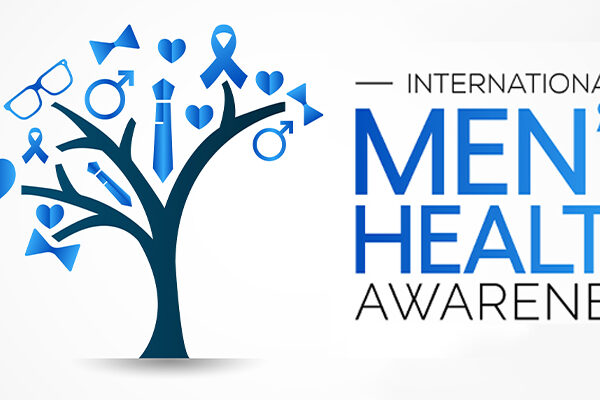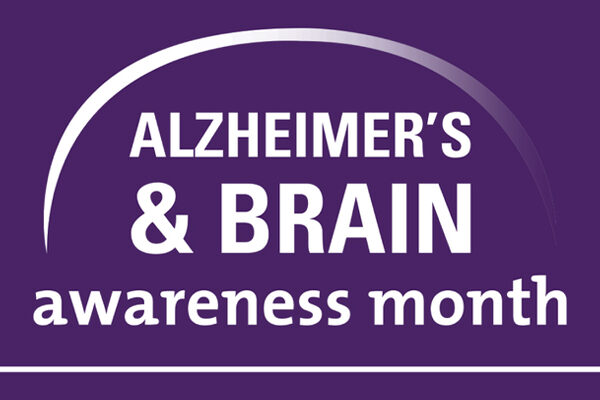Last Updated on January 26, 2023
Introduction
Obsessive-compulsive disorder (OCD) is a common mental health disorder characterized by compulsive behavior and uncontrollable obsessions. Understanding how OCD works and what causes OCD to get worse is the first step toward preventing it from progressing. Because of its repetitive nature, it becomes more challenging to manage if not addressed on time. As a result, one may find it difficult to maintain close relationships or carry out duties, lowering their overall quality of life.
This article looks into what causes OCD to get worse over time, as well as common symptoms and preventive measures.
What is OCD?
Obsessive-compulsive disorder is characterized by compulsions and obsessions that can last hours and cause significant distress. These obsessions can be persistent, and uncontrollable thoughts or impulses that are frequently intrusive and disturbing. OCD affects 2.5 million American adults, that is 1.2% of the U.S. population.
Also read: How to Help Someone with OCD?
What causes OCD to get worse, is it causes those suffering to feel compelled to perform repetitive actions or rituals in order to relieve the distress caused by their obsessions. For example, someone with an obsessive fear of burglars will check and recheck the door locks several times to ensure no one can enter their home.
The compulsions are obvious, which means they are visible to everyone. Unfortunately, these can also be done mentally, such as by counting or praying. While we cannot see them, they can be just as debilitating as those we can see.
Most people suffering from OCD are aware of their obsessions and what they are thinking or how they may be acting irrationally. They also believe that performing compulsions is the only way to alleviate their anxiety. Unfortunately, the relief they may feel is only temporary and will only serve to reinforce their obsession. This starts a cycle of OCD behavior that worsens over time.
What Causes OCD to Get Worse?
Most people with mild-to-moderate OCD symptoms will learn to live with the inconveniences of their obsessive thoughts and compulsive behaviors. What causes OCD to get worse over time for them is that people with OCD will rationalize their repetitive behaviors as not being all that bad, or that they may be helping them in their daily routine. They see no problem with not treating these behaviors because they do not interfere with work or school.
However often times symptoms worsen and intensify, which is what causes OCD to get worse. Symptoms can vary in severity and frequency, and you may notice an increase in them during particularly stressful times in your life. Even if symptoms appear early in life in most people, as OCD compulsions and obsessions become more intense, the condition can become more difficult to manage.
Here is what causes OCD to get worse:
Avoidance:
When you have OCD, you may feel as if you are losing control of a situation; this can be a major trigger. As a result, they frequently avoid situations in order to gain control over their anxiety. “I will not be contaminated if I do not leave my house.” This, while temporarily solving the problem, reinforces OCD and can lead to isolation in the long run. It is ineffective for OCD because it empowers OCD and never allows the situation to be confronted over time. It shrinks one’s world even smaller.
Stressful circumstances:
The main factor of what causes OCD to get worse is stress. Certain factors lead to stress, including;
- Job loss
- Interpersonal conflict
- A loved one’s death
- Money problems, and other issues.
Additionally, these stressful situations can appear out of the blue and exacerbate OCD symptoms. It’s critical for people with OCD to learn stress management techniques and to have a solid support network available in case they encounter a stressful situation.
Reassurance:
“Do I have clean hands?”, “Is the front door really locked?”, “Are you certain that I am a decent person?” When we worry or feel anxious, we frequently turn to others for consolation. This is perfectly normal to happen occasionally and helps us feel better. However, these reassurances can go particularly overboard for someone with OCD and is what causes OCD to get worse in people with OCD. When OCD sufferers are reassured by loved ones, it actually reinforces their initial fear and feeds the OCD cycle. Why is that the case? Most people find this absurd because it actually improves their moods. The key is that while it will temporarily improve people’s moods, it prevents the brain from beginning to develop a tolerance for discomfort.
Isolation:
When people are experiencing mental health issues, they frequently withdraw from their family and friends. Social gatherings appear to be a chore. Perhaps seeing friends causes more stress and anxiety than usual. Perhaps social situations cause OCD. Maybe it’s just no longer enjoyable. While it may appear to be a simpler path at first, it can eventually make sufferers feel very alone. Also, OCD and anxiety appear to be most severe when sufferers are alone with their thoughts and have nothing else to do but overthink. Being social may appear difficult, but isolation can actually feed OCD and is what causes OCD to get worse over time.
How OCD can Get Better?
Managing OCD becomes much easier once you understand what causes OCD to get worse. Preventive measures can vary depending on where you are in the OCD cycle. These are a few examples:
Therapy or medication:
OCD medication and therapy, or a combination of the two, help keep OCD symptoms under control. During a cognitive behavioral therapy (CBT) session, a mental health professional employs an exposure and response prevention strategy (ERP).
ERP is effective in treating mild to severe cases of OCD. This therapy exposes you to the root cause of your OCD, which is often something you fear or wish to avoid, in order to improve your resistance to the trigger/s.
Manage triggers:
The most common aggravators that consume you with obsessive and unwanted thoughts are stress, anxiety, and worry. Once you understand what triggers your OCD, you can take the necessary steps to avoid them before they occur. Among the recommended OCD coping strategies are:
- Control your stress levels
- Don’t concentrate on blocking out thoughts
- Avoid looking for reassurance
- Develop a “worst-case scenario” mentality
- Give up on perfectionism
Seek medical attention:
If your OCD symptoms worsen despite therapy and trigger management, the next logical step is to see a doctor. While surgical OCD treatments are rarely recommended due to the high risks involved, deep brain stimulation is the last resort for severe cases.
Prevent OCD from Worsening:
Treating any underlying or coexisting mental health disorders can help with OCD treatment. Managing these conditions, as well as OCD, with medication and therapy can aid in the management of all symptoms. With the right treatment plan, what causes OCD to get worse can be managed. Learning how to manage OCD triggers like anxiety and stress can help someone avoid these triggers.
Seeking medical attention when symptoms worsen is the best and most effective way to keep OCD from worsening. Having medical professionals who can teach you how to avoid triggers and cope with the feelings caused by OCD can help you learn positive ways to control your anxiety. These professionals have been specially trained to assist those suffering from this condition. They can make life with OCD more bearable.
Takeaway
OCD is a mental disorder characterized by obsessions and compulsions. These obsessions and compulsions can range in severity, but what causes OCD to get worse over time is not properly managing the condition earlier on. Stress, trauma, avoidance, or even something as seemingly innocuous as a change in routine can all contribute to the worsening of OCD.
It is important to consult with a mental health professional who can assist you in determining the root cause and developing a treatment plan. There are numerous effective OCD treatments available, so there is no need to suffer in silence. You can regain control of your life and resume living the way you want to with the right help.




